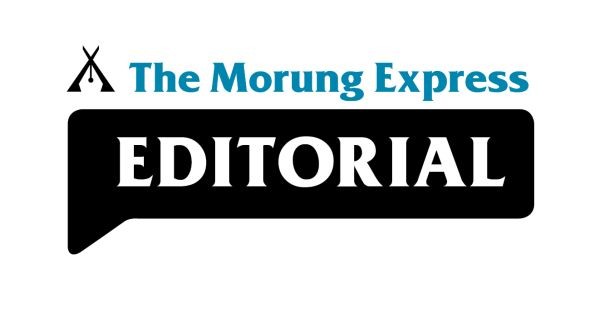
Imlisanen Jamir
“Fake news” is a term that has been embedded into the global psyche when the Collins Dictionary declared it the Word of the Year for 2017, citing its “ubiquitous presence” in the current global scenario.
From politicians using it as a term to denigrate journalism to propaganda and fabrications leading to tragic consequences closer home; this term has taken over the current conversation on the flow and exchange of information.
While the term becoming popular may be new, in Nagaland rumors and ‘fake new’ have been ubiquitous. There is a long history of rumors taking over reasoning here, sometimes leading to ridiculous situations, and sometimes to tragic costs.
The Collins Dictionary defines the term as “false, often sensational, information disseminated under the guise of news reporting.” Fake news comes in different forms. It ranges from total fabrication to distortion of facts to state-sponsored propaganda to the spread of erroneous content on social media.
There has been lot written over the past few weeks on this topic, and rightly so. It is right to be cautious; to be informed; to help stop the spread of false information; and to expose those who would engage in such activity.
However, when there is intent to masquerade fake news as real, and assaults on real news as fake; that raises concerns. It threatens our democratic institutions, including that of a free press.
This troubles the journalism universe, but it is also important to acknowledge the flipside—that the media clearly need to do more to regain reader trust. And that onus lies on us, the media houses. The situation also calls for discerning readers and viewers — those who welcome honest journalism that holds leaders accountable and provides vital information for citizens to cast informed votes and contribute to decision-making.
But there is evidence that this much needed call for vigilance and discernment is being used as propaganda and as a rhetorical device to discount unfavorable stories or distrusted news outlets or diminishes the media at large.
The press was created to hold the governors responsible and to amplify the voices of the governed. The current information age has meanwhile made it essential to ensure that the press itself is held accountable by the people. However, in doing so, it is also vital to ensure that this ‘war on fake news’ does not cross that fine line which divides upholding veracity and using the current information climate to silence honest journalism.
Our democracy depends on it.
Comments can be sent to imlisanenjamir@gmail.com






